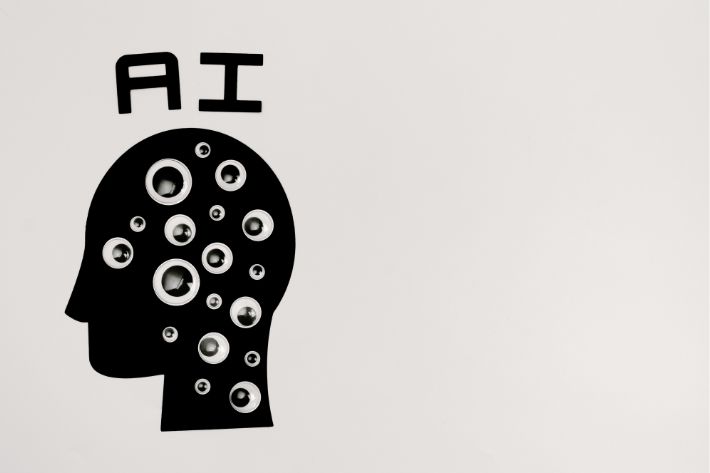Artificial intelligence (AI) is becoming more prevalent in today’s world, with many industries adopting it to streamline processes and improve productivity. However, there are concerns about the impact of AI on society, particularly in terms of ethics and accountability. One such concern is whether AI can commit libel, a form of defamation that can cause significant harm to an individual or organization’s reputation. In this article, we will explore this issue in detail and examine how the law is evolving to address this emerging challenge.
Introduction: The Rise of AI and the Challenge of Accountability
The use of AI has grown rapidly in recent years, with businesses, governments, and individuals relying on it to automate tasks, make decisions, and gain insights from data. However, as AI becomes more advanced and complex, it raises new challenges in terms of accountability and responsibility. Unlike humans, AI systems can operate independently and make decisions based on algorithms and data, which can sometimes lead to unintended consequences.
Defamation and Libel: The Legal Framework
Defamation is a legal concept that refers to the publication or communication of a false statement that harms an individual or organization’s reputation. There are two types of defamation: slander, which is a spoken statement, and libel, which is a written or published statement. Libel is more serious than slander, as it is considered a permanent record that can be widely disseminated and cause greater harm.
Under the common law, defamation is a tort, which means that it is a civil wrong that can be the subject of a lawsuit. To prove libel, the plaintiff must show that the statement was false, published, and caused harm to their reputation. In addition, the plaintiff must show that the defendant acted with malice or recklessness, meaning that they knew the statement was false or had a reckless disregard for the truth.
AI and Libel: The Emerging Challenge
As AI becomes more advanced, there is a concern that it could be used to commit libel. For example, an AI system could be programmed to generate false statements about an individual or organization, which could be published online or disseminated through social media. This could cause significant harm to the reputation of the affected party, and it may be difficult to hold the responsible parties accountable.
One of the challenges with AI and libel is determining who is responsible for the defamatory statement. In many cases, AI systems are developed and operated by multiple parties, including developers, data scientists, and users. It may be difficult to attribute the defamatory statement to a specific individual or group, which could complicate efforts to seek redress.
Another challenge is determining whether an AI system can act with malice or recklessness, as required for a finding of libel. AI systems are programmed to operate based on algorithms and data, and they do not have the intent or consciousness required for a finding of malice or recklessness. However, there is a concern that AI systems could be programmed to generate defamatory statements with the intent to cause harm, which could raise ethical and legal concerns.
The Evolving Legal Landscape
To address the challenges posed by AI and libel, the legal landscape is evolving. In some jurisdictions, lawmakers are considering new laws and regulations that would hold AI developers and operators accountable for the actions of their systems. For example, the EU’s General Data Protection Regulation (GDPR) includes provisions that hold data controllers and processors responsible for the actions of their AI systems.
In addition, some legal experts are exploring the possibility of creating new legal standards for AI systems. For example, the IEEE Global Initiative on Ethics of Autonomous and Intelligent Systems is developing a set of ethical standards for AI systems that could help ensure they are designed and operated in a manner that is consistent with legal and ethical norms.
Conclusion: The Need for Continued Dialogue and Action
The issue of AI and libel is complex and multifaceted, requiring a comprehensive approach that addresses legal, ethical, and technical considerations. As AI continues to evolve and become more prevalent, it is essential that lawmakers, policymakers, and industry stakeholders engage in a continued dialogue to ensure that AI is developed and utilised in a morally and responsibly appropriate way.
Moreover, it is crucial to prioritize research and development in areas such as explainability and transparency, which can help ensure that AI systems are accountable and that their decision-making processes are understandable to humans. By working together, we can ensure that AI is a force for good and that it does not cause harm to individuals or organizations.
